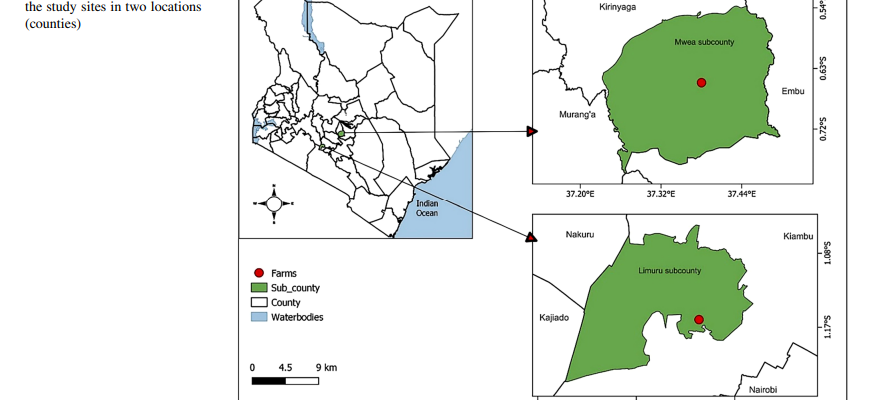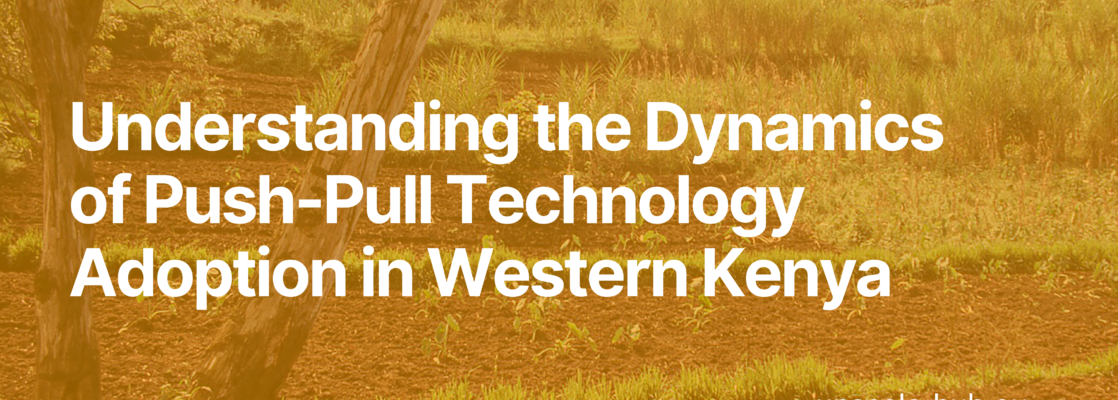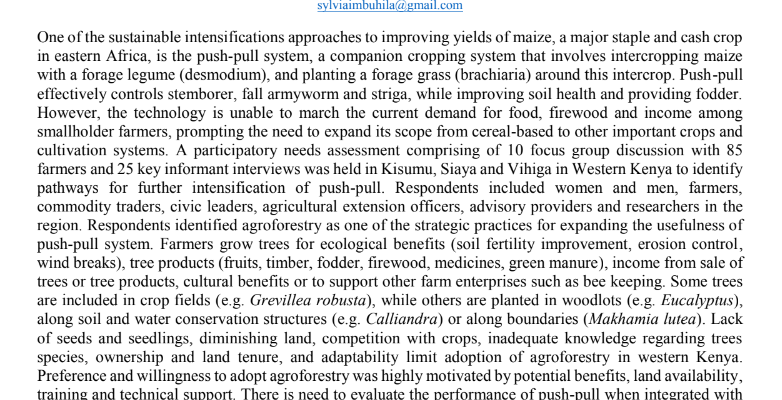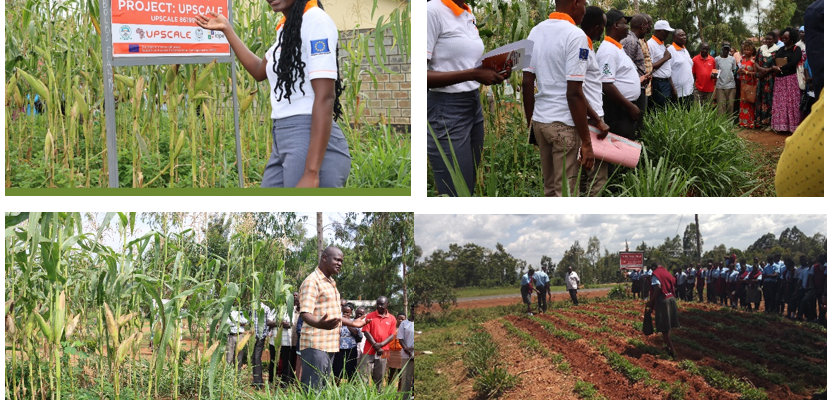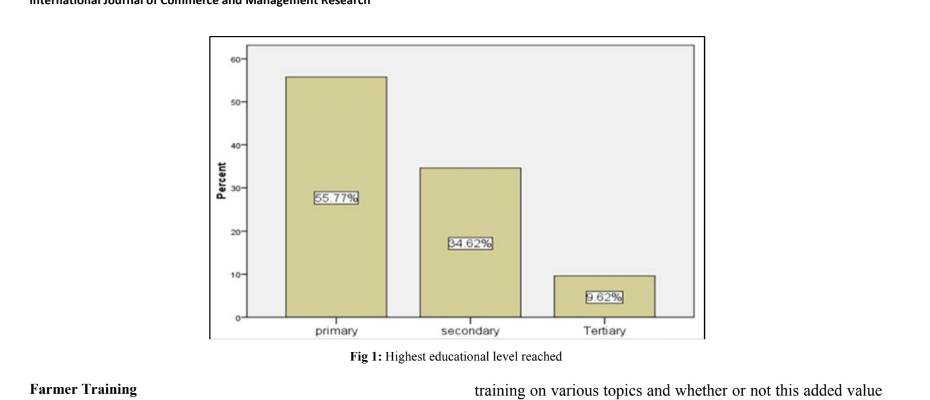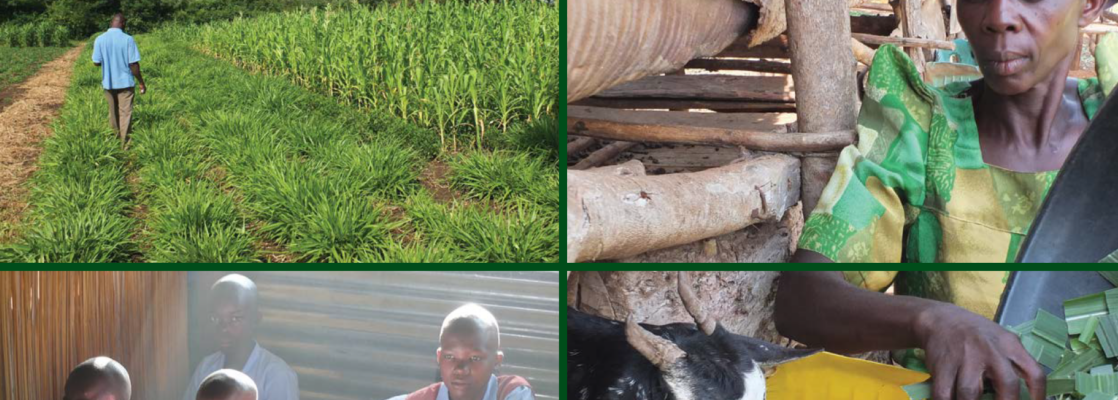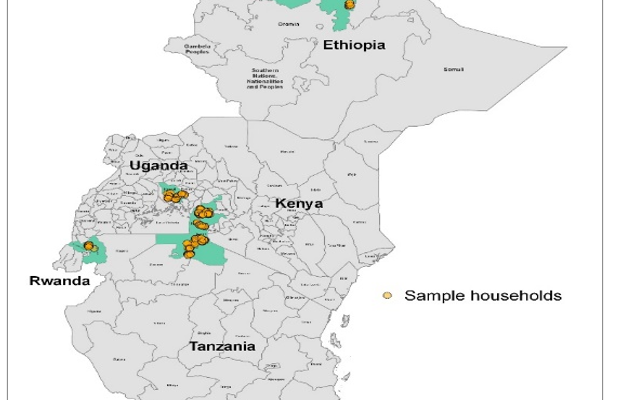The fall armyworm (FAW), Spodoptera frugiperda (J. E. Smith), causes significant damage to maize, threatening the food security and livelihood of millions of smallholder farmers in sub-Saharan Africa (SSA). Crop diversification has been recommended as an ecologically sustainable FAW control… Continue Reading…

